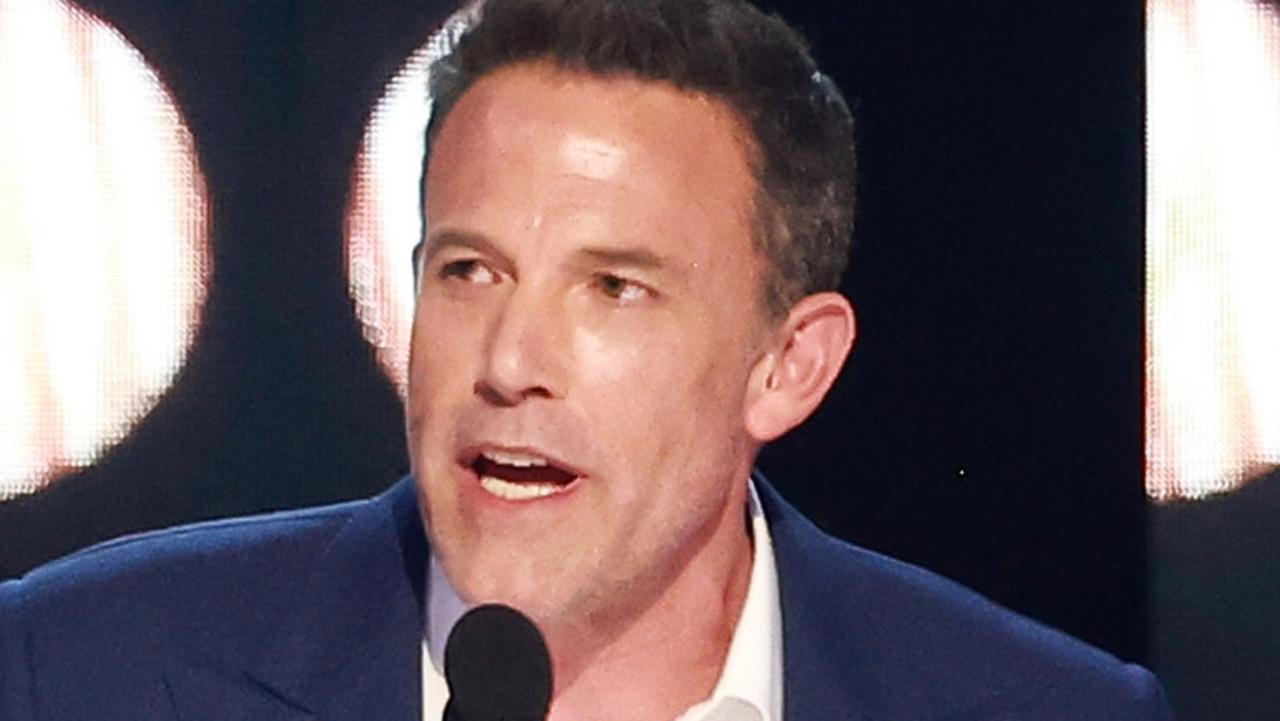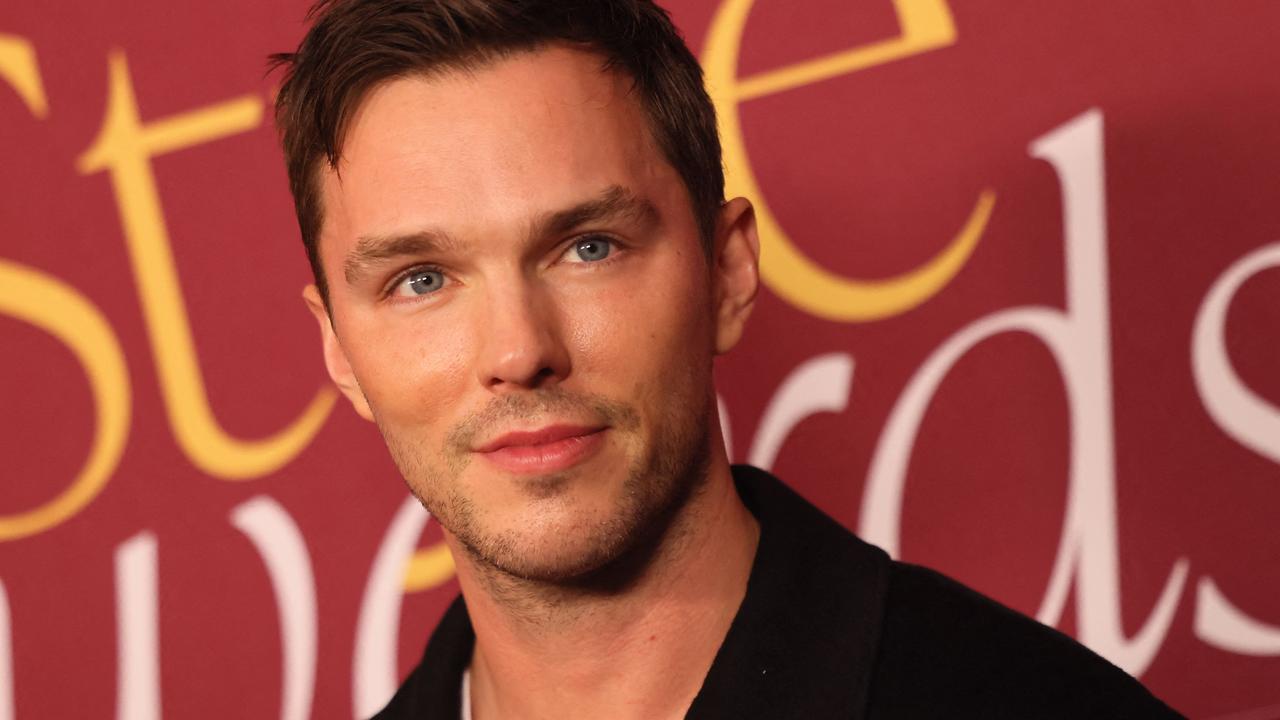Golden Globes nominations: The one question that needs answering
This year’s Golden Globes nominations have raised one very confusing question — but there’s a method to the madness.
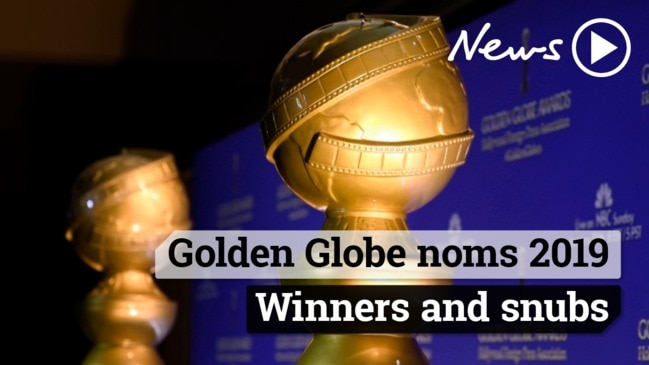
Golden Globes
Don't miss out on the headlines from Golden Globes. Followed categories will be added to My News.
As has become an annual tradition with the Hollywood Foreign Press’s Golden Globe nominations, we now get to spend a few days haggling over what qualifies as comedy, drama, and, in this year’s case, musical in 2018.
That’s because the Globes are the rare movie awards-giving body to separate comedies and dramas in their top categories. This has always led to some head-scratchers, pretty much for as long as the Golden Globes have been a thing.
The sci-fi thriller The Martian apparently had enough moments of terraforming levity to qualify it as a comedy in 2015. In 2013, the Globes nominated a story about near-future techno-isolation (Her), a black-and-white story about an emotionally estranged father and son (Nebraska), a folk-music-infused movie about a deeply unhappy artist (Inside Llewyn Davis), an over-the-top spectacle about local government corruption and grift (American Hustle), and a Martin Scorsese movie about a reprehensible financial criminal (The Wolf of Wall Street).
Did all of those movies have their moments of humour? Certainly! Did that qualify any of them to be a “comedy” (or in Llewyn‘s case, a “musical”)? Heck no!
But it all boils down to strategic awards-season planning. Studios and publicity teams want to best position their films and performers for two things: a Globe win or an Oscar nomination. Ideally both. And so films that ride the line between genres — and great films very often blur the lines between dramatic heft and comedic levity — tend to pick the lane that they think leads to success.

Usually, that strategic triangulation means that light dramas and anything that even approaches a musical will make a beeline for the Comedy categories, where their added prestige and seriousness of purpose automatically dwarfs more broad, mainstream comedies. This year’s nominees for Best Motion Picture, Musical/Comedy run that particular gamut:
Crazy Rich Asians
The Favourite
Green Book
Mary Poppins Returns
Vice
While Crazy Rich Asians and Mary Poppins Returns are holding it down for traditional comedy and musical, respectively, they both benefit from heightened production design elements. So does The Favourite, a film that is decidedly a comedy, though one that has elevated itself with its subject matter (English royal history! taboo lesbianism!). Vice and Green Book are the two most dubious inclusions, and perhaps not by accident also ended up as the nomination leaders. Neither one feels much like a “true” comedy, but placing in Comedy means avoiding the kinds of “too light and insubstantial” critiques that would come if they were up against the straight-up dramas.
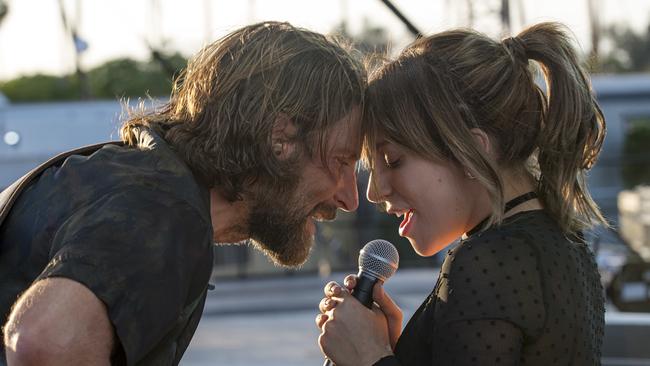
What’s especially curious about this year, though, is how many musicals and borderline comedies opted to submit themselves as dramas. A Star Is Born is not merely suffused with songs, they’re songs that actually move the plot along. That plus being a musical legacy (the 1976 version of A Star Is Born with Barbra Streisand won the Best Musical/Comedy Globe) all seemed to be pushing Bradley Cooper’s film towards the musical category, but no. This serious musical opted to go to the serious category, which strategically doesn’t seem like a bad idea, considering it’s the frontrunner to win, and in a not particularly close contest.
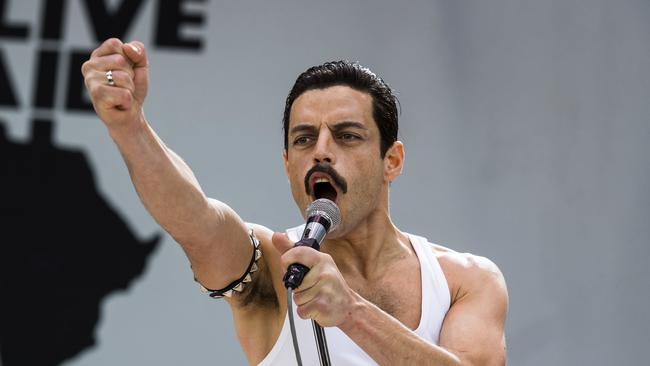
The surprise nominee in the category? Bohemian Rhapsody, the Freddie Mercury biopic which is wall-to-wall Queen songs. Again, the gamble to push for Drama paid off, with a surprise Best Picture nod and Malek currently the most likely upset for Cooper in Best Actor.
Further line-blurring nominees include Melissa McCarthy nominated as Best Dramatic Actress in Can You Ever Forgive Me, which could pretty much pass as either drama or comedy. And Charlize Theron is nominated for Tully in the Comedy Actress category despite the film’s subject matter heavily featuring post-partum depression.
What’s funny is that television, which has separated its comedies and dramas forever and has constantly run into trouble in trying to sort out this new age of sad comedies (T ransparent, say) and light dramas (oh, the poor fate of Gilmore Girls), didn’t have hardly any category head-scratchers this year. Though there are definitely nominated comedies that play to the darker side (Kidding; Barry), the Globes were very successful at threading the genre needle. Even half-hour drama Homecoming scored big, as a drama. No one tried to sell Pose as a musical or the possibly-one-season Murphy Brown as a limited series.
Ultimately, who really gets hurt by the parade of category-fudging are actual comedies. Movies like Game Night and Blockers and, yes, Mamma Mia: Here We Go Again got squeezed out because Vice and Green Book didn’t want to face A Star Is Born yet. That’s a huge bummer, and it happens pretty much every year in some form.
This story originally appeared on Decider and is republished here with permission.
Originally published as Golden Globes nominations: The one question that needs answering

